With customizations in ERP software, you deviate from the standard solution developed by the ERP partner. The goal of customization is, of course, to fully meet the specific requirements and wishes of your organization. You thus get exactly the functionality in your system that you are looking for. Sounds attractive, but there are also many disadvantages to customization. Disadvantages that may outweigh the benefits that customization offers. So what should you think about?
1. Customization is costly to develop
Customizations are expensive. A piece of functionality is developed specifically for your organization and there is a lot involved. Analysis of what is needed, design of the customization, development, testing, re-work, documentation, transfer to the customer with training and explanation. A small piece of customization quickly involves many hours from both the ERP partner and your people.
2. Customization makes upgrading difficult and expensive
When making choices regarding your ERP software, you need to think not only about the present, but also about the future. In the foreseeable future, you will want to upgrade the software to a new version with new features. With customization, this comes with a hefty price tag. It is very questionable to what extent your customization will remain intact in new releases. Often, some development and testing is required to get/keep things running.
3. Customization is not always an improvement
The choice of customization is often the result of sticking to existing processes and capabilities in the old system. This is how we do it now and we want to keep doing it. While the implementation of new ERP software is actually a perfect opportunity and the perfect time to optimize processes. Let go of the old way of working and rely on what your ERP partner's industry specialists have designed and developed for your type of organization. Now that is improvement.
4. Customization does not move with the times
Custom functionality may be an appropriate solution for the way you work today. But your organization is changing. Like the industry in which you operate, your people, your customers and suppliers, the technological possibilities, laws and regulations, etc. This brings with it changing software requirements. Standard software grows with the times, but your customization stands still. A customization that seems valuable now may soon be worth nothing.
5. Customization is not covered by support
The supplier of the standard ERP software will provide support on the standard product, often one of the reasons for choosing precisely a standard solution. Customization is generally not covered by this. This means that you will have to arrange support for the customization yourself. And that means an extra burden on your people.
Think carefully before choosing customization. Consider whether it is not better to stick to the standard and adapt your business processes. Choose customization only if you really have to!
Peter Gerhardt is Senior Lead Consultant Logistics at Dysel and helps customers achieve maximum results with its business software.
